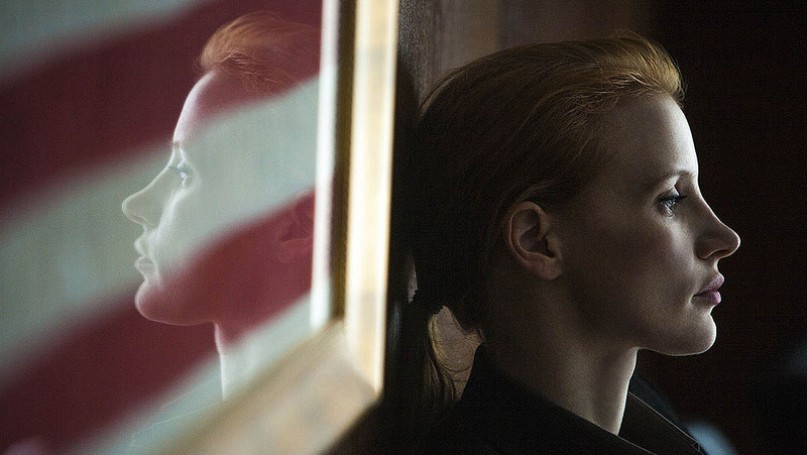
This semester I have introduced a series of films to the POL 210 class in an effort to engage students on IR issues from a different and (hopefully) more accessible standpoint. Having read with interest how films have been used by other professors to good effect in the classroom and optimistic that it would prove useful to the students in understanding the application of IR concepts outside the classroom, I chose 5 films to run alongside the class this semester.
I started with Casablanca, a classic romantic drama set in the shadows of WWII and an analogy for the US non-intervention in the early part of that conflict. I followed up with Team America: World Police, a biting satire of international security, American domestic politics, and the problems of executing a War on Terror. This week sees the Cold War era Red Dawn presented to students, a story of occupation, resistance, and more than a little patriotism on the part of a motley bunch of American youngsters suffering after a Soviet invasion of the USA. Later in the semester I’ll be showing Syriana and rounding out the semester with Zero Dark Thirty, the most recent of the films on my programme.
As it is a new part of the course I needed to test it so I’ve been offering it as an extra-credit component to the main course. Basically students have a chance to improve their grade by attending film sessions, lifting their overall percentage in the class by one point for each film they view and then discuss in the post-film discussion period. For strong students this is an opportunity to secure their GPA, while for weaker students it offers a relatively easy way to compensate for assignments that might not hit the standards I would like them to hit.
So far things are rolling out well and, as I planned out the course for the Summer semester, I decided to more fully integrate film into the course. I decided to choose one film – in this case, Syriana – and devote a class session to the screening and discussion of the themes in the movie. To follow up on this, I’ve developed an assignment I tested on the POL 210 e-learning class that asks students to write a short paper about the international themes in the movie and how closely it depicts the reality of international politics in the Middle East.
As I suggested above, I’m not the only professor interested in using films to illustrate international relations or the first to integrate film into a course. Indeed, entire IR courses have been developed around films including the ‘Film and Politics’ course at Indiana State University, ‘Politics and the Film’ at Babson College, and ‘International Politics and Film’ at William and Mary College. It seems to me that engaging students via the use of films and exploring issues in political science and international relations through movies is a useful pedagogical approach and the growing interest in applying films in this way is creating interest for students and professors, alike. Indeed, at E-IR there is an ever growing list of articles that specifically explore IR and films in the Screening Global Politics section of the site.
Obviously I am convinced of the value of film as a medium for conveying themes and issues to students and I am not alone. While there is the obvious trade off with regards to class time – every hour watching a film is an hour of instruction that I lose – the payoff for the students and for the course is enough to compensate for this. Having trialled the films in the e-learning version of my IR course, having tested it again as an extra credit option this semester and now having worked it entirely into the POL 210 course for the upcoming Summer semester, I hope that the success that others have had with using film in the classroom is going to be extended to my students here at CEFAM.
Further Reading on E-International Relations
- Opinion – Chat GPT and IR: Preliminary Reflections from within ‘Dark Academia’
- Decolonising the IR Curriculum: Reflections from a Classroom
- What English Language Teachers Can Teach IR about Pedagogy
- Enhancing Creativity and Communication Skills Through IR Signature Pedagogies
- Gender Representation in IR Journals: Experience from Indonesia
- Now Recruiting – IR Theory Editors